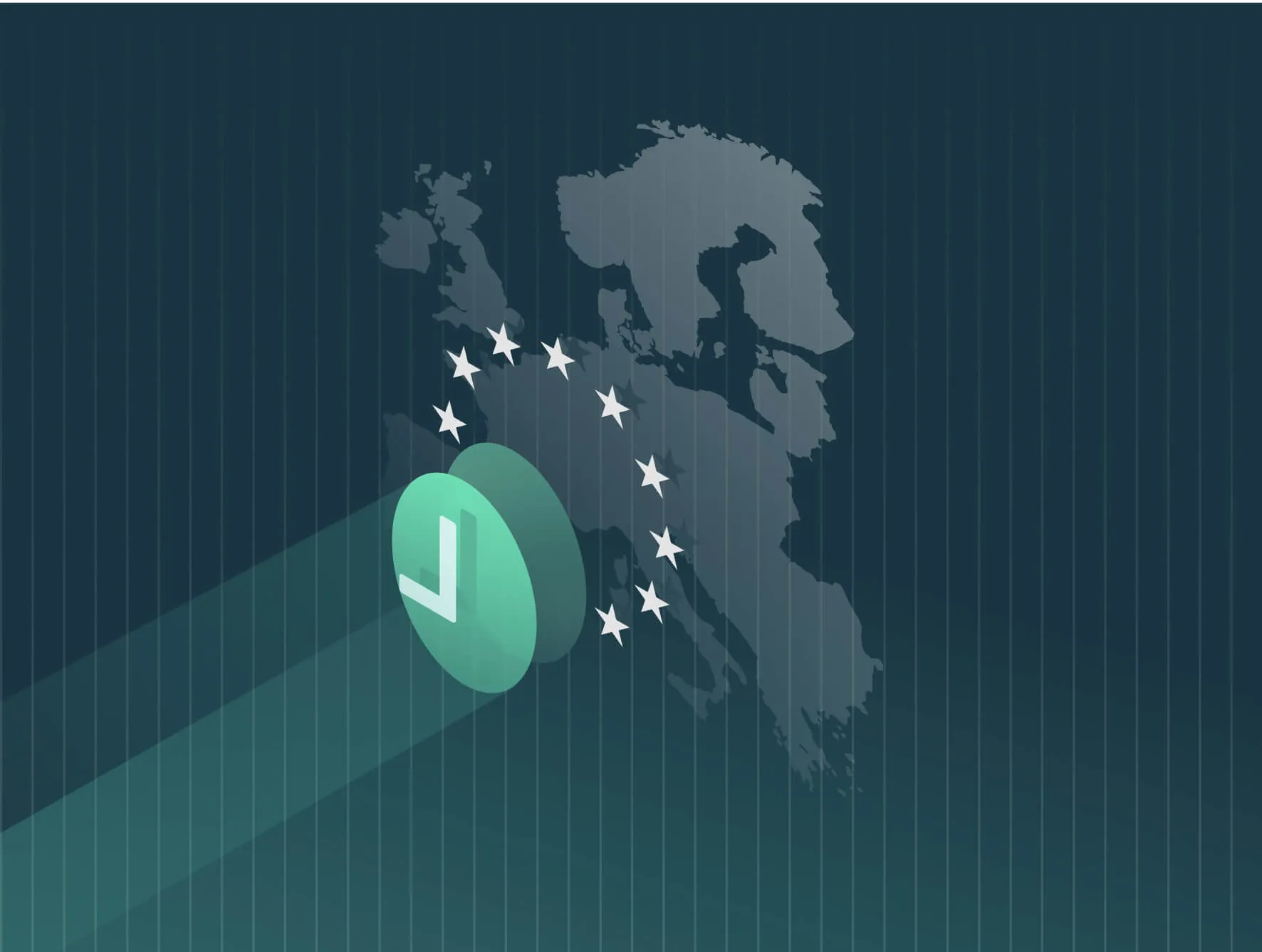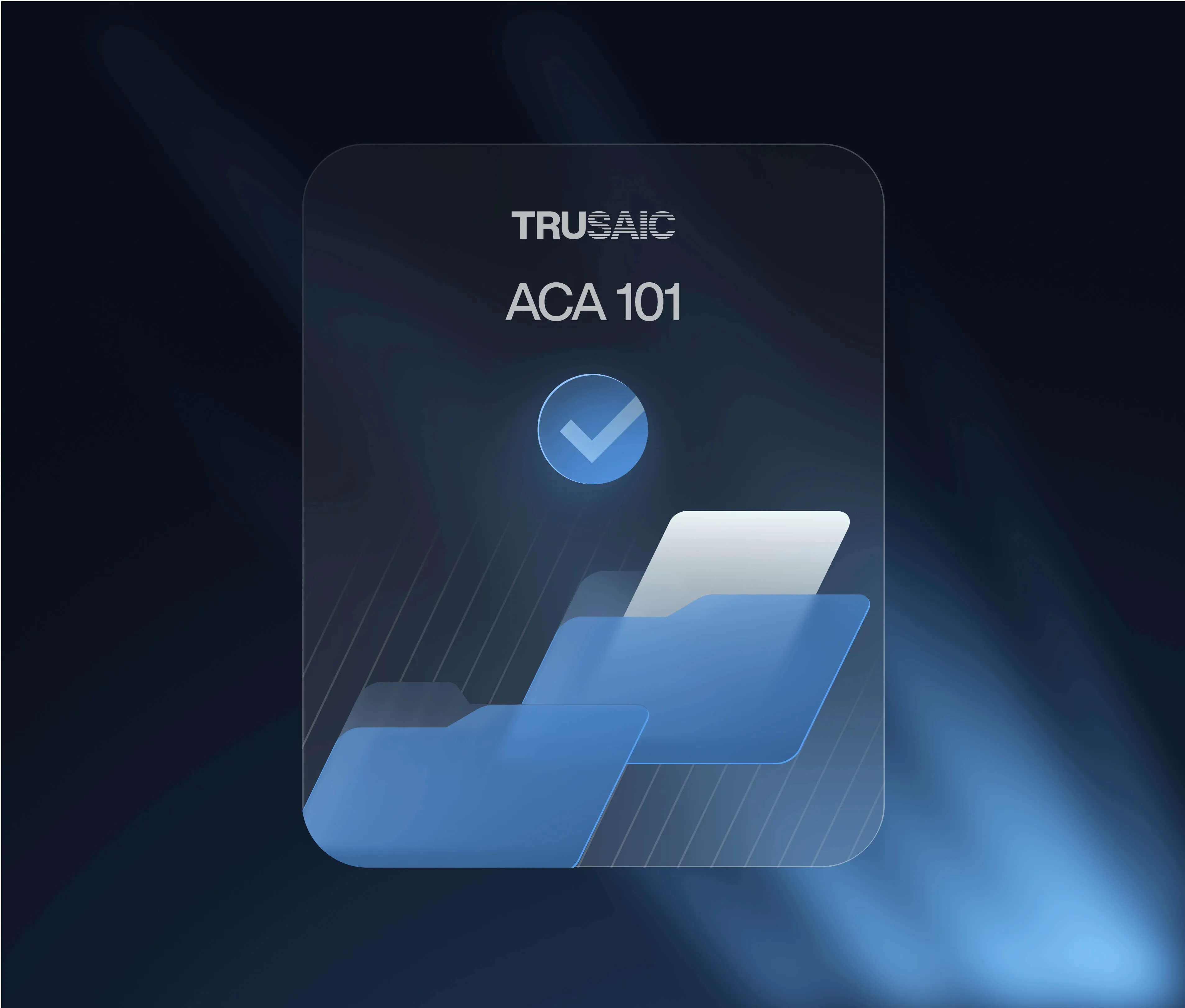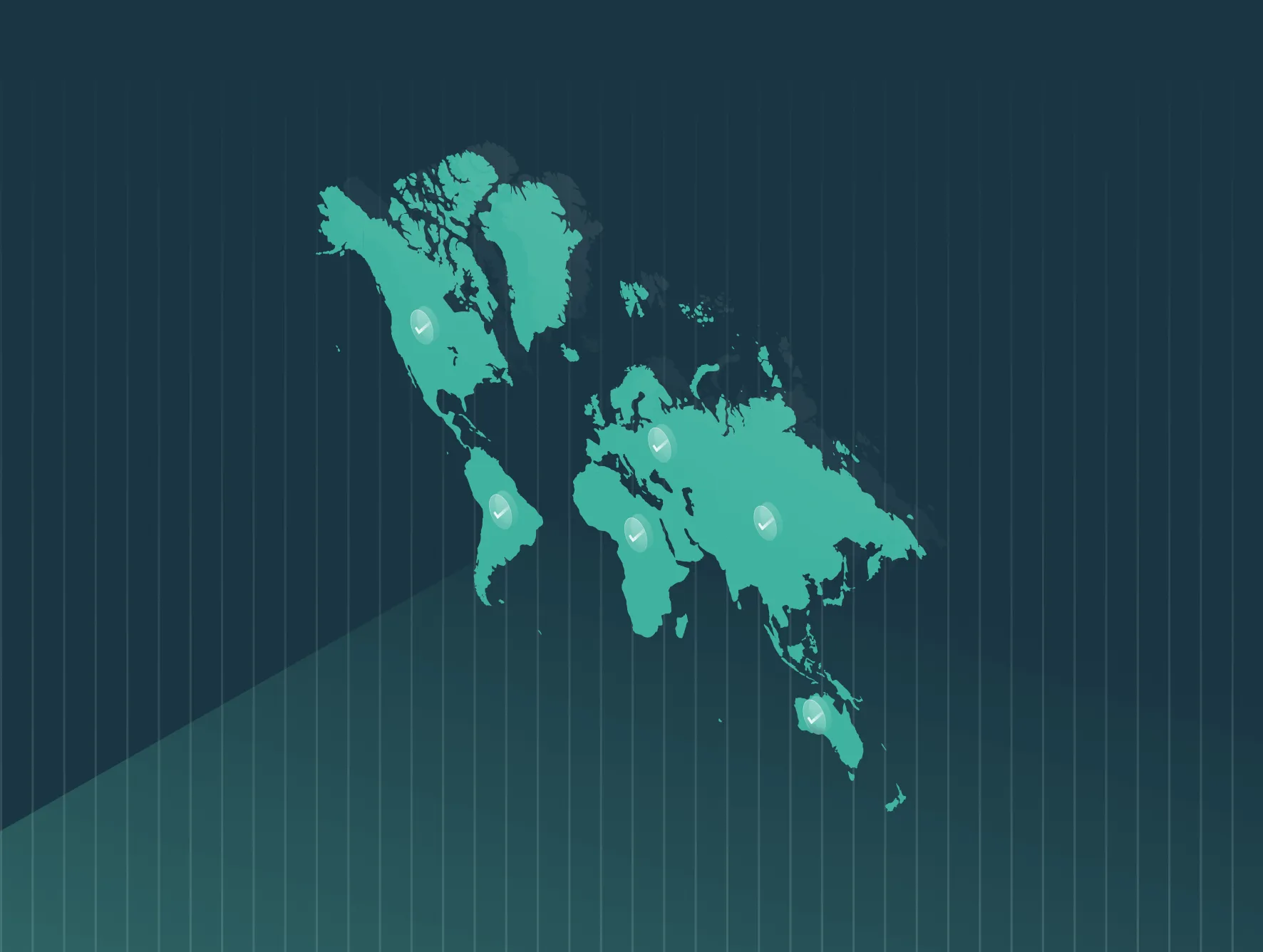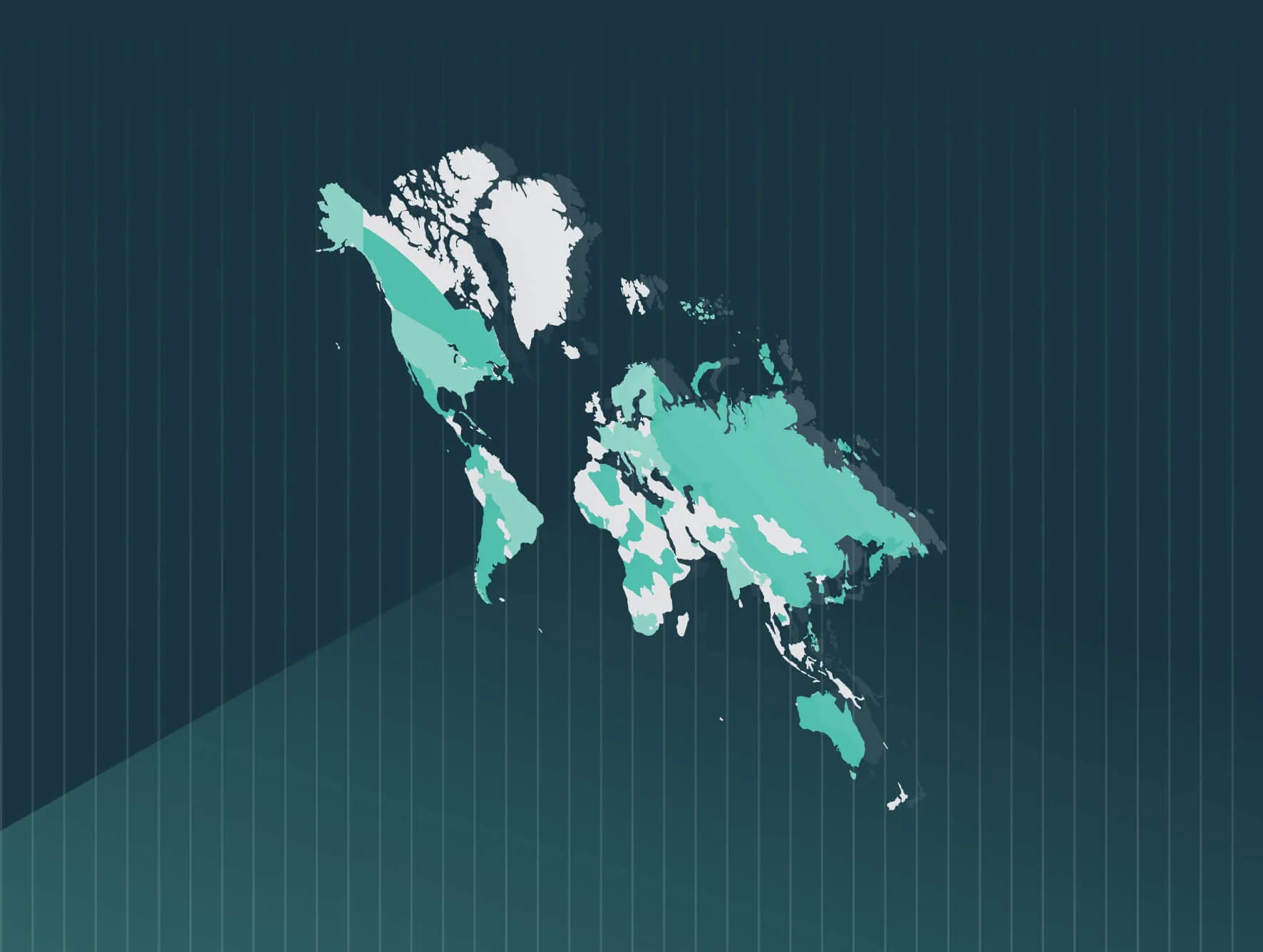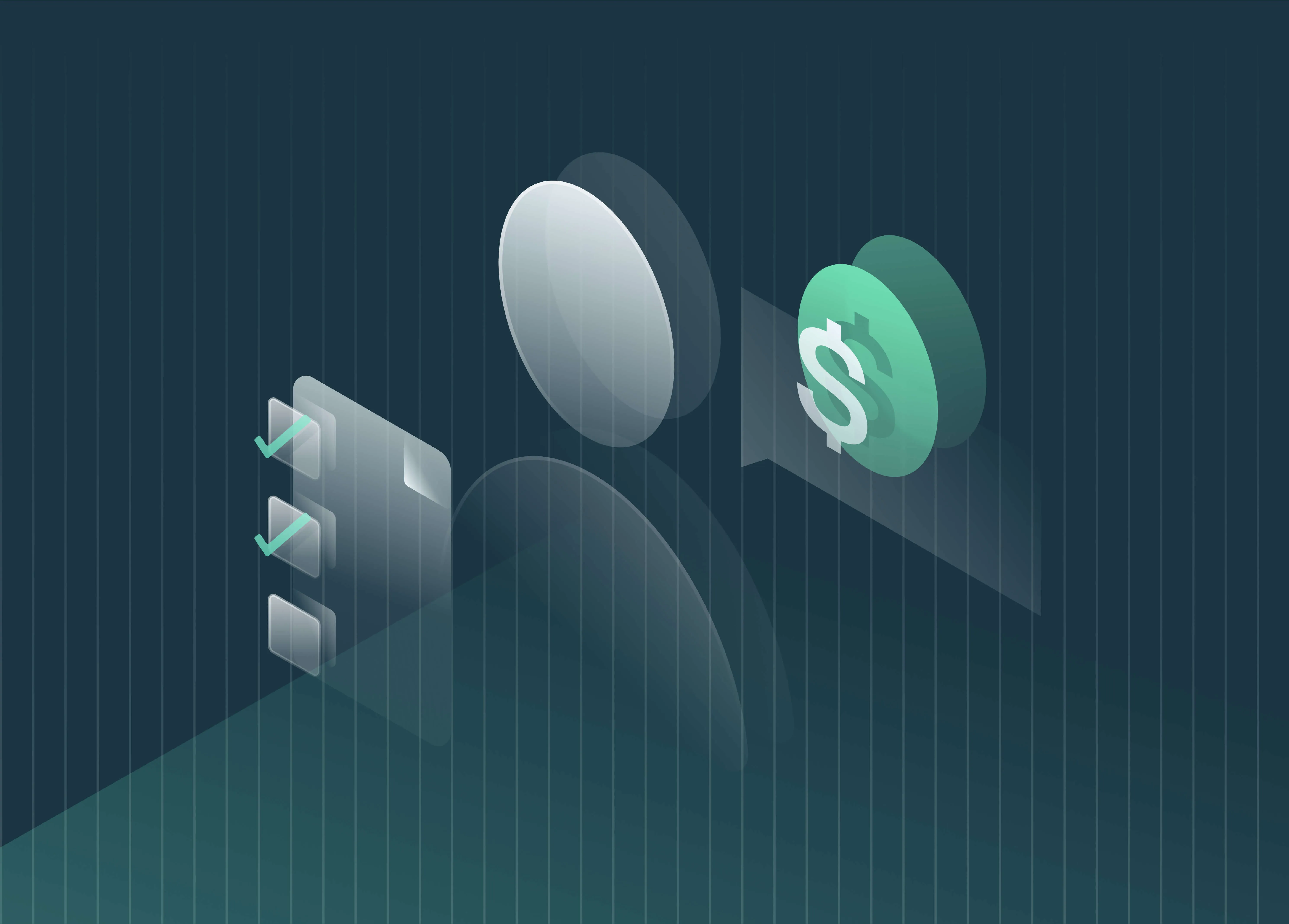Earlier this week the Senate Committee voted and passed California’s pay transparency and median reporting bill, SB 1162, paving the way for what would become the most aggressive pay equity law in the U.S.
California Senator Monique Limón accepted a host of committee amendments, and the revised SB 1162 is expected in the near term. During her opening remarks before the Senate Judiciary Committee, Limón cited several key facts for supporting SB 1162, including that the top 100 publicly traded companies already disclose this type of pay data. Additionally, other countries such as Denmark have successfully narrowed gender and racial pay gaps by 7% as a result of similar pay data reporting collection.
California’s SB 1162 advancement comes on the heels of a recent Department of Fair Employment and Housing (DFEH) announcement that shared the agency’s findings from the 2020 California SB 973 pay data collection.
According to the DFEH’s analysis of the more than 6.3 million reported workers, women are overrepresented among low-wage jobs in comparison to men. DFEH’s findings echo our own internal analysis, conducted across the entire California workforce, which says women lost over $46 billion in 2020.
These insights demonstrate the need for increased pay data reporting collection, suggesting that the timing of California’s SB 1162 is right. And with the bill having passed through the Senate Committee, it’s gaining momentum.
First introduced in February this year, SB 1162 amends California’s pay data reporting law and requires employers to disclose wage range information in all job listings, as well as make pay information regarding promotion opportunities and any relevant salary details available to employees working within the company.
Additionally, SB 1162:
- Requires reporting of median and mean hourly rate for the combinations of race, ethnicity, and sex within each job category.
- Requires private employers with 100 or more employees hired through external staffing agencies to submit a separate pay data report to DFEH for those employees.
- Removes the provision of law that allows employers to submit the annual EEO-1 in lieu of a pay data report.
- Requires employers with multiple establishments to submit a report covering each establishment.
- Impose additional responsibilities relating to the job posting and wage rate history maintenance for each employee, for specified timeframes.
Moreover, SB 1162 adds teeth to California’s pay data reporting requirements by specifically imposing penalties on employers that fail to report. Organizations that do not comply could be subject to a maximum of $100 penalty per employee for a first-time violation and up to $200 for subsequent violations.
SB 1162 is making significant progress and it’s only a matter of time before it passes. However, it will still need to undergo additional legislative review and is subject to change to future amendments before arriving on Governor Gavin Newsom’s desk by August 31, 2022.
California has the fifth-largest economy in the world. If SB 1162 becomes law, it will have serious implications for many employers. Organizations should proactively explore solutions for getting ahead of imminent pay data reporting requirements.
A pay equity audit is an excellent place to start as it helps organizations understand their compensation practices on an employee level at the interactions of gender and race/ethnicity. Our PayParity solution provides deep insight into pay gaps and provides the tools necessary for resolving identified pay disparities.
If you’re new to pay equity, check out our What is Pay Equity guide to learn more about how it is evolving across the U.S. and around the world.
